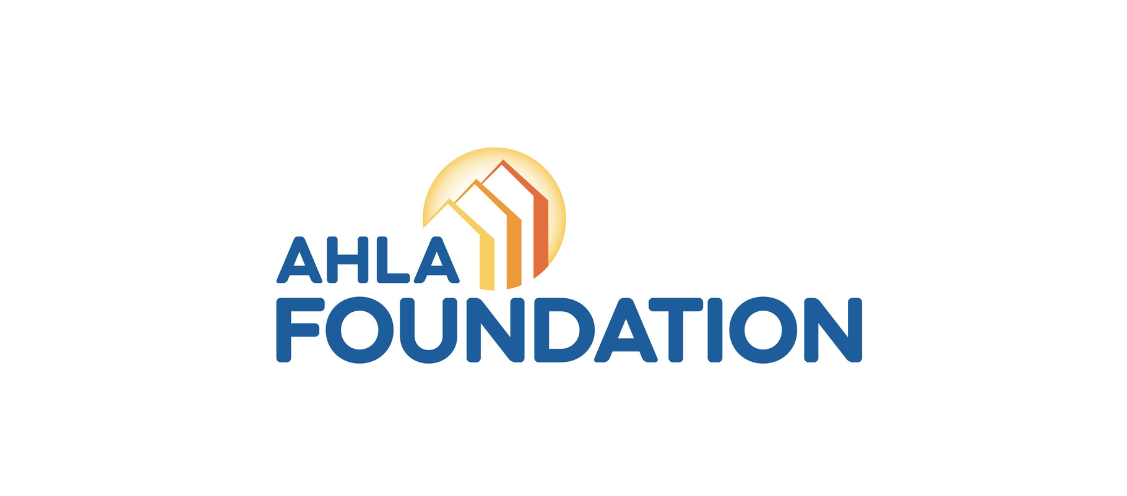HOW AHLA FOUNDATION IS CONTINUING ITS MISSION IN THE NEW ENVIRONMENT
In the wake of the worldwide pandemic that precipitated a wave of layoffs and furloughs in the hotel industry, the American Hotel & Lodging Foundation (AHLA Foundation), the charitable giving arm of the American Hotel & Lodging Association (AHLA), rushed to create and implement free education, training, and certification programs to keep suddenly unemployed hospitality employees connected to the industry. Rosanna Maietta, AHLA Foundation president and executive vice president of communications and public relations at AHLA, provided for LODGING a summary of these programs, which were extended to include May as well as April, and touched on how other programs that support the Foundation’s mission—which continues to be to support communities and workers—may address employees’ post-pandemic prospects in the industry.
Why did AHLA Foundation offer this free program?
As the government-mandated shutdown went into effect and millions of employees were laid off or furloughed, the Foundation sought to keep those employees connected to the industry. The Foundation partnered with the American Hotel & Lodging Educational Institute (AHLEI) and Pearson AcceleratED to offer a broad range of trainings and educational offerings, including those leading to certifications and high school equivalency or associates degrees. Our intention was to do it for the month of April, but because there was such a high response, we were able to raise funds to allow us to continue for another month.
How well did this initiative achieve its objective?
We believe the program was very successful in achieving the goal of connecting with and supporting displaced hospitality employees, more than 20,000 of whom participated in over 27,000 free hospitality management online courses in partnership with the AHLEI. All told, the Foundation distributed some $3.5 million worth of free hospitality training programs, industry certifications, and continuing education courses, including 300 continuing education online programs; 60 English-as-a-second-language courses; 40 GED courses; 200 associate degree courses; and 150 professional development scholarships for AHLA certifications.
What existing programs were impacted by the shutdowns?
As hotels closed, we were forced to halt all on-site programs, including our Empowering Youth Program, which was set to launch in 10 key cities. This program, which is all about partnering with community-based organizations to help people get out of homelessness and into the workplace, is a large part of our commitment to communities and minorities. Although we can’t train the Empowering Youth force this summer, we are exploring ways to continue to be a partner to those groups, which need support more now than ever. It’s important for us to continue to be a lifeline so that when it’s time to bring back the Empowering Youth program, we have teams that are trained and ready to welcome youth for life-long careers in our industry.
Has the pandemic impacted the mission of the Foundation?
Our mission has always been about supporting communities, our industry, and providing more opportunities for women and minorities, so the initiatives we are now discussing intend to build upon what we were already doing. If you think about the Foundation’s core programs, nearly all are either about helping current employees get ahead through management and apprenticeship courses or on bringing new people into the industry and training them for jobs. We offered the educational programs in April and May as a way to support furloughed/laid-off employees or those poised to enter the hospitality field, such as students, as a short-term solution. But now we are dealing with the longer-term reality of millions of furloughed employees across the country
What lies ahead for the industry—and the Foundation—in terms of facing that longer-term reality?
Feedback from our board of trustees made up of CEOs of big brands and management companies and global heads of resources suggests labor challenges that dogged the industry when unemployment was low will ease. With so many people unemployed, it opens up the pool of talent, potentially bringing in workers from other areas, while continuing to train for the high-demand positions in housekeeping, engineering, and the front of the house when things start to pick up steam.
The goal is still to empower employees to get ahead in the industry. While pre-COVID, it may have been mostly to bring in new talent, now it might be shifting focus to existing talent and advancing them through the ranks while still having a portion focused on bringing in new talent.
Looking ahead, we need to be flexible. We had a great strong base of core programs, but central to our Foundation’s survival is shifting to meet new needs. We’re all in new territory here. We’re writing the playbook as we go, as are many organizations. That free educational and training initiative was a new one for us due to the need to think differently, to be creative about what we are offering, and how we can continue to be a resource.

